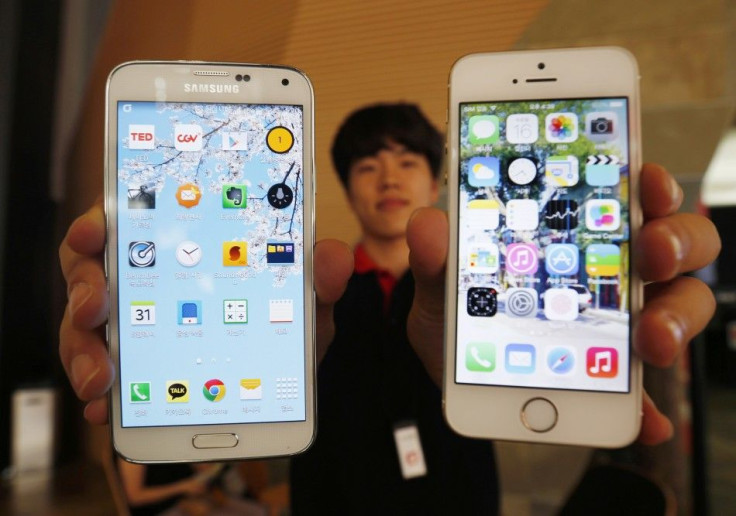Samsung's Market Share Drops in the First Half of 2014 – Find Out Why

The mobile device market has seen an overall decline in the second quarter of the current year, but Samsung has recently confirmed a more drastic drop.
According to a report by SamMobile, the giant Korean manufacturer confirmed that they have seen their market share drop to 24.9% in the first half of 2014. Their sales have also declined, seeing a reported 19.5% drop in profit to $6.11 billion.An earlier report by PCWorld states that Samsung expects their profits to go down for the third consecutive quarter. Here are some reasons attributed to the brand's market share decline.
Chinese Markets Amping Up Smartphone Production
Chinese smartphone manufacturers are making waves in the smartphone industry as they start producing units as powerful as the ones offered by major brands like Apple and Samsung, but for less than what the major brands cost. Huawei, for example, has seen its market share rise from 4.3% last year to 6.9% this year, according to a report from The Wall Street Journal.
IDC's Worldwide Quarterly Mobile Phone Tracker shows that Huawei's 6.9% market share places them as the third largest manufacturer in the world today, surpassing Lenovo and LG. Lenovo has reported a "record quarter" in China, and reports shipments outside of China tripled since the second quarter of 2013. Huawei, Lenovo, and Xiaomi are expected to become the main competitors of Samsung soon.
Oversaturation of Smartphone Manufacturers
Huawei's head of consumer business group Richard Yu says it accurately in his interview with The Wall Street Journal: "There are too many smartphone makers in the market... The whole industry is consolidating and some global vendors are disappearing." Over the past few years the world has seen some smartphone manufacturers consolidate, with major players Samsung, Apple, and LG surviving, and Motorola currently in the middle of being acquired by Lenovo.
Just how saturated is the smartphone market? IDC reveals that the five major players today - Samsung, Apple, Huawei, Lenovo, and LG in that order - only hold 54.2% of the total market share. The rest of the smartphone manufacturers, simply labeled as "Others," hold the remaining 45.8%.
Longer Replacement Cycle
According to a report from PCWorld, Samsung stated they expected their sales to be sluggish because of their longer replacement cycle. Samsung told PCWorld that "higher shipments of 50to-6 inch large screen smartphones replaced demand for 7-to-8 inches." In comparison, its main competitor, Apple, updates their flagship devices at almost the same time every year.
Samsung to Maintain their Credit Rating Despite Decline
Despite their market share and profit decline, Samsung is said to maintain their current credit rating, according to global credit rating company Fitch Ratings. The company said that while they expect the global smartphone market to increase by 20% next year, Samsung's market share will continue to drop to 25% next year. Despite that, they said, Samsung will maintain its credit rating of A+, with Samsung and Apple sales predicted to stay steady at 450-460 million phones.





















